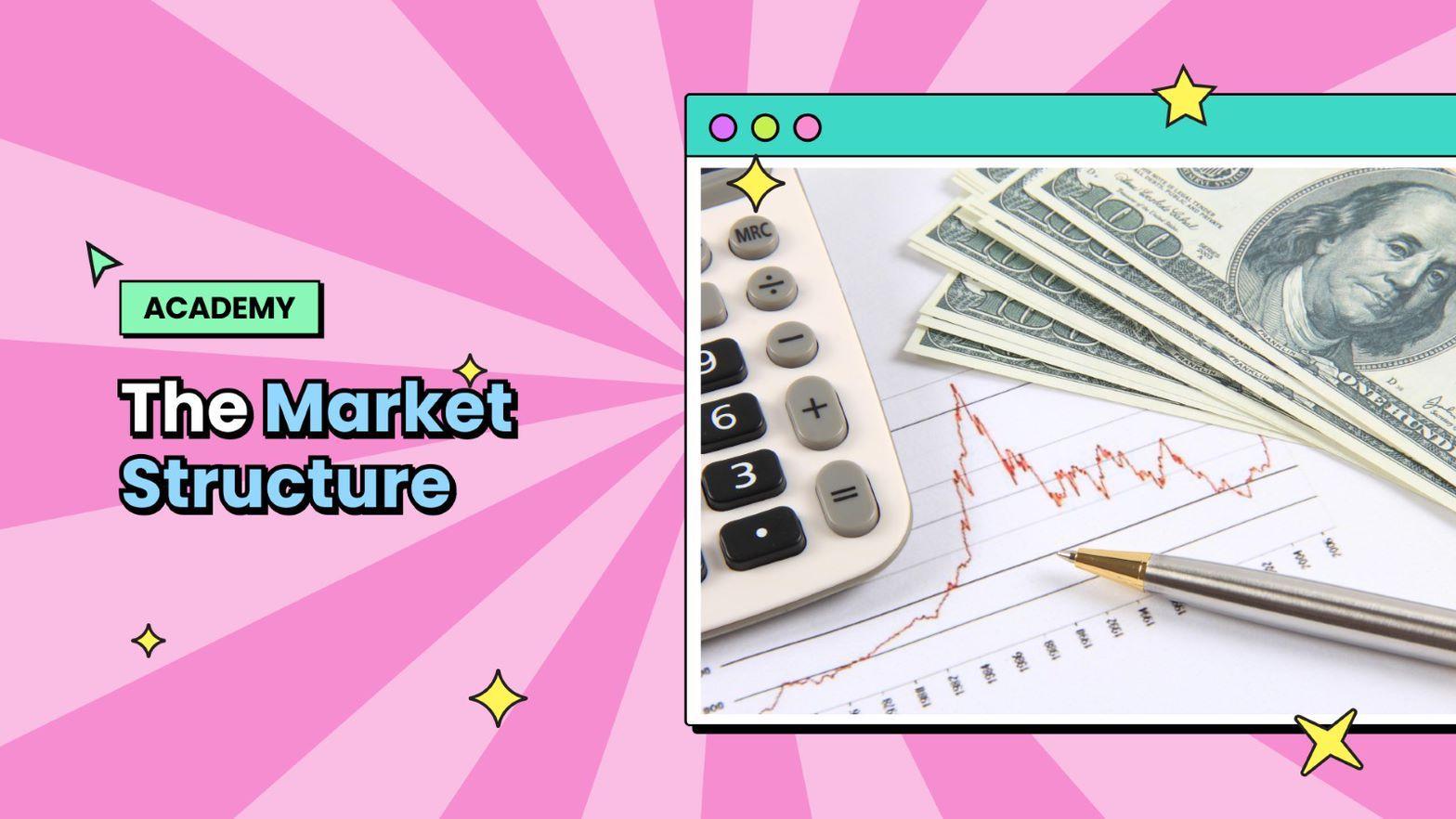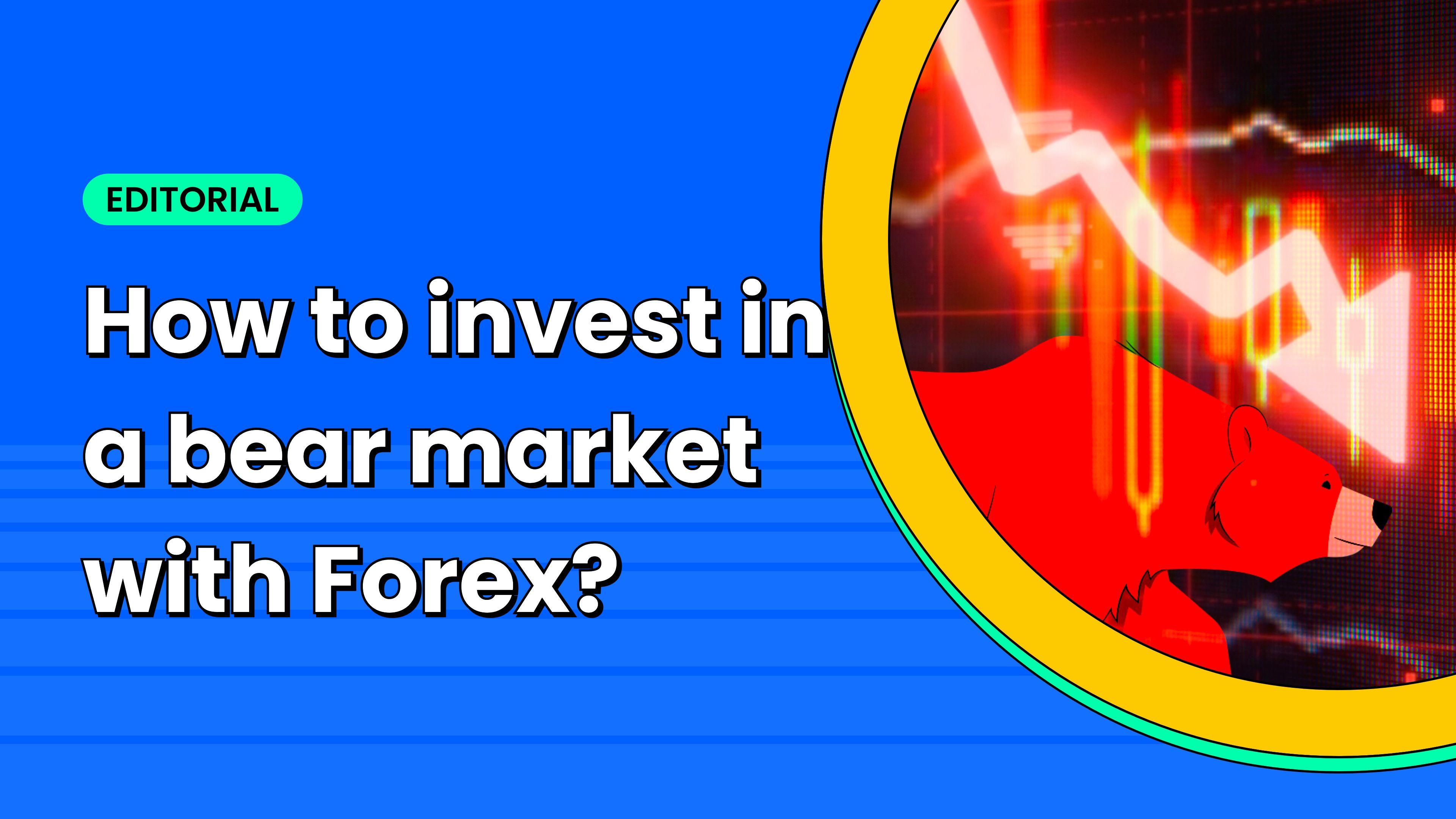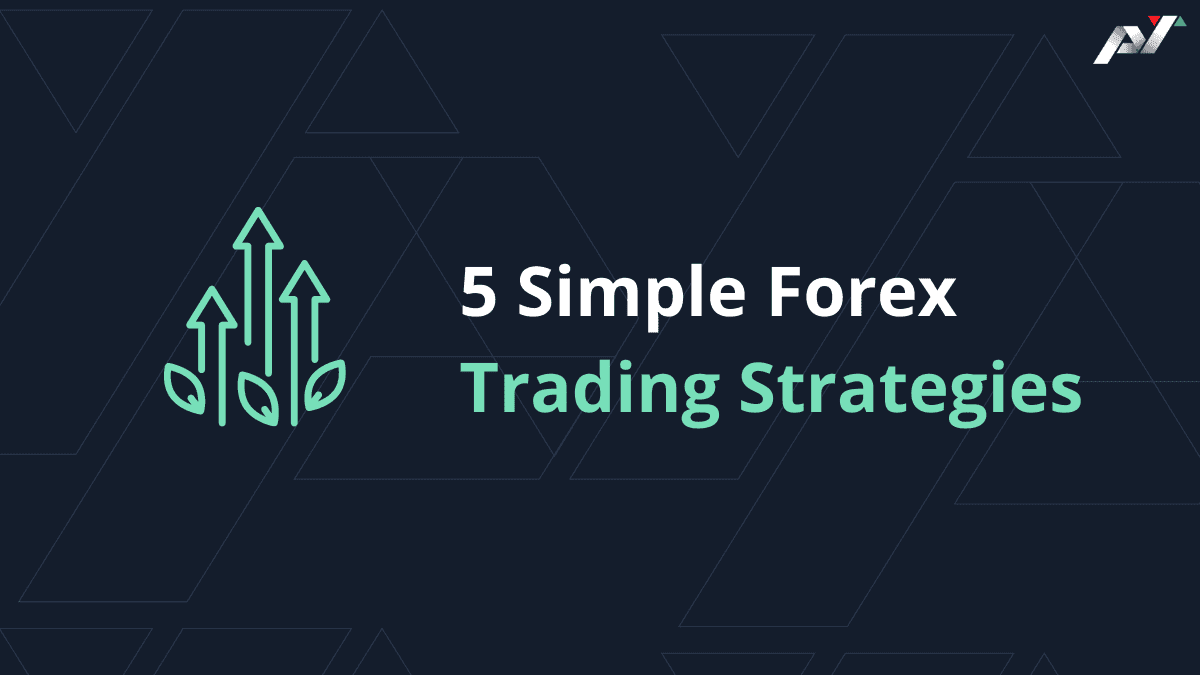How Global Inflation Affects Forex Markets





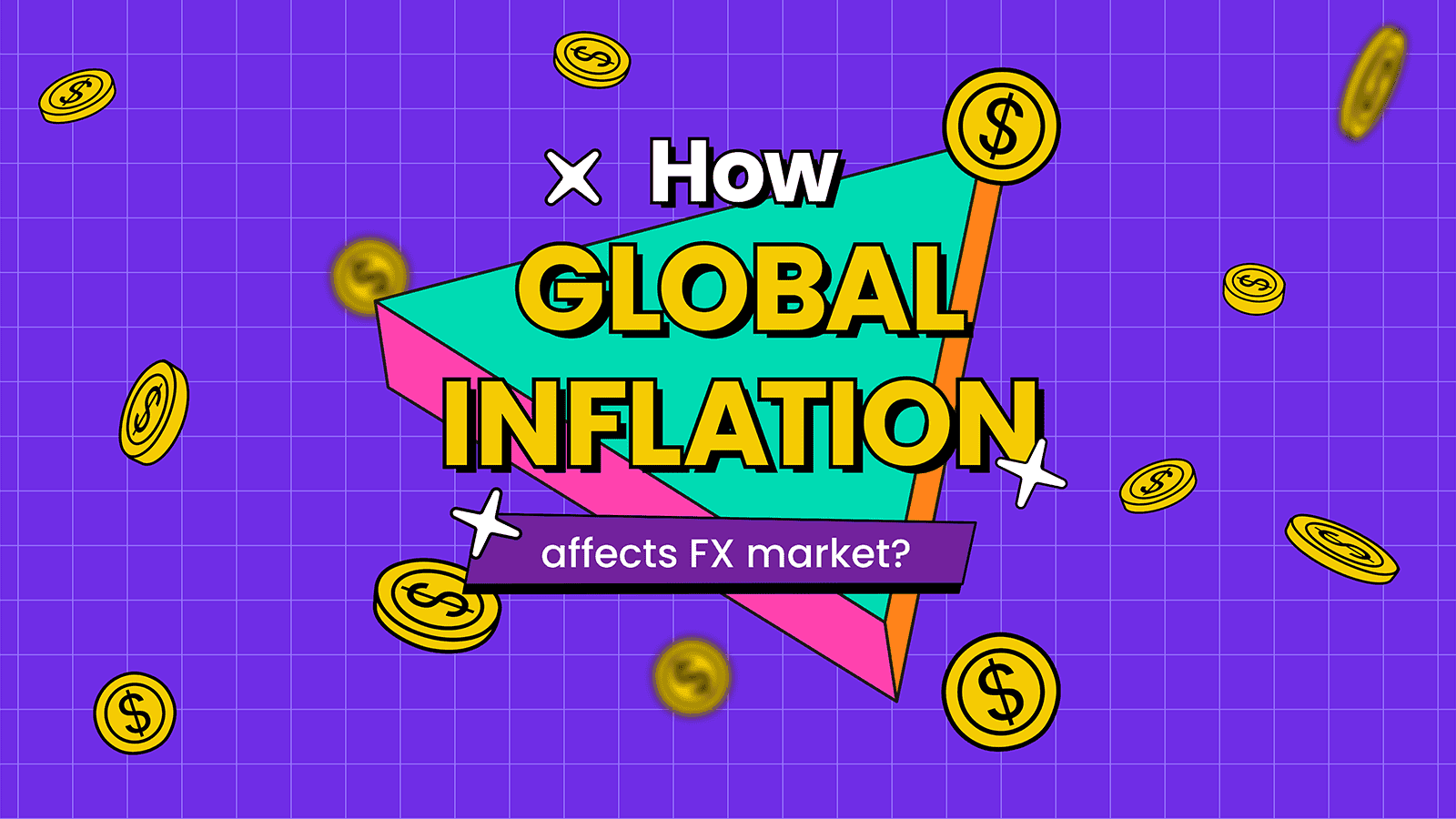
Have you ever found yourself walking into the supermarket to shop only to find yourself buying less than planned initially cause things are a little bit more expensive than usual?

The Cause: Inflation
Ronald Reagan famously said during the 1975 presidential campaign that "inflation is as violent as a mugger, as frightening as an armed robber, and as deadly as a hitman". Inflation affects our standard of living and gets politicians elected or thrown out of office.
For many of us, Inflation is more noticeable now than at any other time in our lives. Just recently, The Bureau of Labor Statistics released the latest inflation figures report for the U.S., which showed the consumer price index had increased 0.4% for the month, more than the 0.3% Dow Jones estimate. On a 12-month basis, so-called headline inflation was up 8.2%, off its peak of around 9% in June but still hovering near the highest levels since the early 1980s. In the eurozone, the inflation rate in September was 4.8%, up from 4.3% in September, while in the U.K., it hit 10.1% yearly, up from 9.9% in September.
As you can see, Inflation has become a menace in most developed countries around the world which in the end are transmitting Inflation to other parts of the world. As such, the world's central banks constantly try to keep Inflation in check by adjusting monetary policy.
But what is Inflation? How does Inflation affect F.X. and F.X. derivatives traders? And when the rate of Inflation rises worldwide, what should you expect?

What is Inflation
In simple terms, Inflation can be defined as the overall rise in the price levels of an economy over a set period, resulting in reduced purchasing power of a currency. When price levels rise, each currency unit buys fewer services and goods. As a currency loses value, prices rise, and consumers buy fewer goods and services.
This loss of purchasing power affects the general cost of living for the public, meaning people have to spend more to put petrol in their car, buy groceries or get a haircut.
A certain amount of Inflation is generally accepted in the economy. And in fact, higher Inflation can encourage short-term spending as consumers buy goods before prices rise quickly. But savers eventually see the value of their savings erode, reducing their ability to spend or invest. As consumers tighten their belts, it leads to a reduction in economic growth.

What Causes Inflation

Various factors can drive prices or Inflation in an economy. Inflation typically results from an increase in production costs or demand for products and services.
- Cost-Push Inflation: Inflation can also be caused by supply shocks such as disrupted production or rising production costs. This can happen because of natural disasters affecting production or companies paying higher prices.
- Wages increased import costs following a devaluation or an increase in VAT.
- Demand-Pull Inflation: can be caused by strong consumer demand for a product or service. When there's a surge in demand for a wide breadth of goods across an economy, their prices tend to increase. While this is not often a concern for short-term supply and demand imbalances, sustained demand can reverberate in the economy and raise costs for other goods; the result is demand-pull Inflation.
- Expansionary Fiscal Policy: Expansionary fiscal policy by governments can increase the amount of discretionary income for both businesses and consumers. If a government cuts taxes, companies may spend it on capital improvements, employee compensation, or new hiring. Consumers may purchase more goods as well. The government could also stimulate the economy by increasing spending on infrastructure projects. The result could be increased demand for goods and services, leading to price increases.

How is Inflation Measured?
Governments and policy-makers around the world use two common price indexes to measure Inflation and design policies to control it; these are:
- Consumer Price Index
The consumer Price index(CPI)measures the overall change in consumer prices based on a representative basket of goods and services over time. It is, in fact, one of the most popular measures of Inflation and deflation, and it's a good way to see how the cost of living is changing overall.
- Wholesale Price Index
It measures and tracks the changes in the price of goods in the stages before the retail level. While WPI items vary from one country to other, they mostly include items at the producer or wholesale level. For example, it includes cotton prices for raw cotton, cotton yarn, cotton grey goods, and cotton clothing.
- Producer Price Index
The PPI is a family of indexes that measures the average change in selling prices received by domestic producers of intermediate goods and services over time. The PPI measures price changes from the seller's perspective and differs from the CPI, which measures price changes from the buyer's perspective.

How do Central Banks and Governments Control Inflation
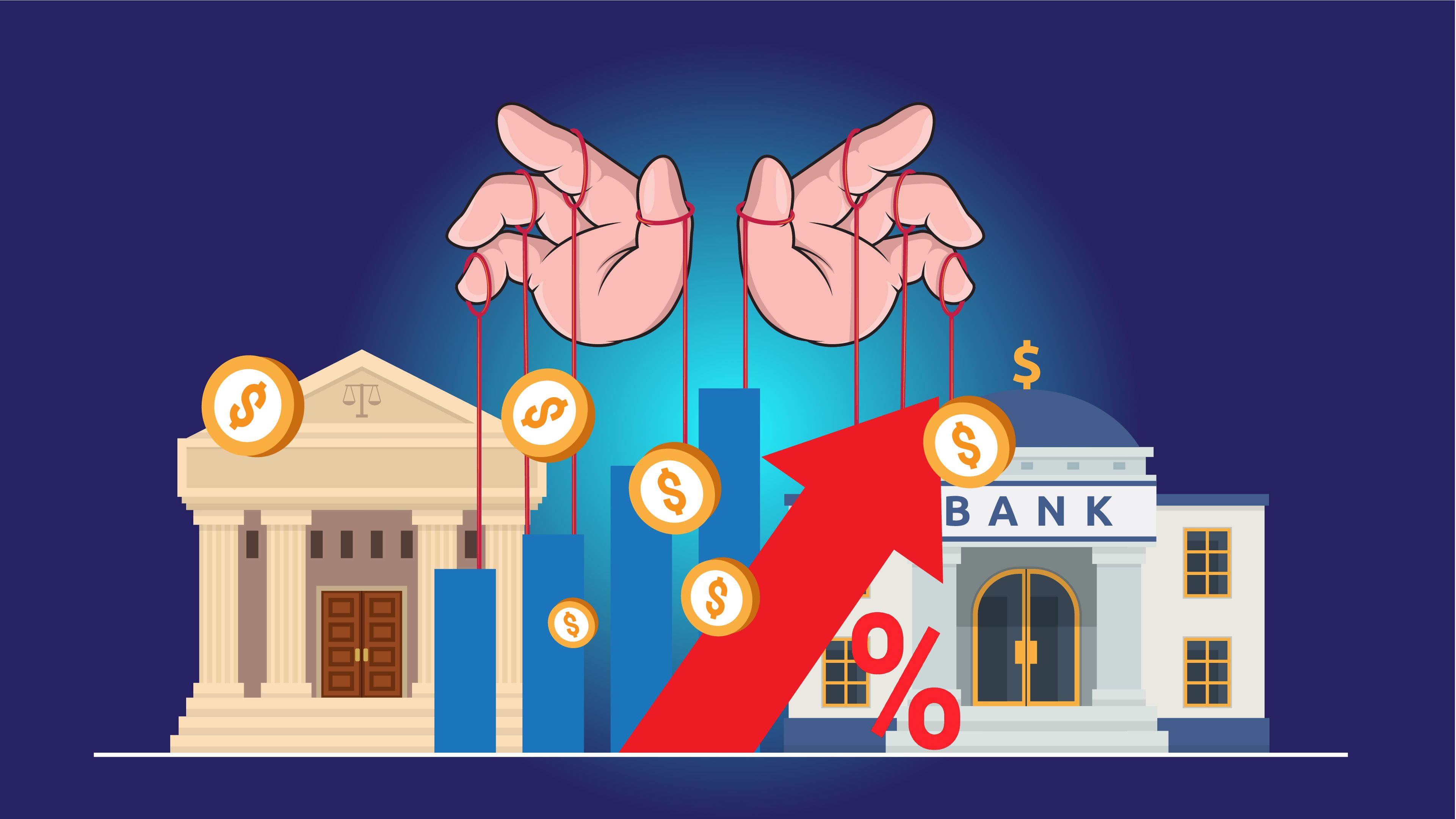
Central Banks around the world control inflation by using a variety of methods to increase or decrease the rate of growth:
- Monetary Policy: When a central bank hikes its interest rates, it helps to reduce demand in the economy and, in turn, lowers Inflation.
- Fiscal Policy: Governments tackle Inflation by imposing higher taxes or reducing government spending, which hits consumer's purchasing power.
- Monetary Supply: When Money Supply increases faster than production output, it means more money is trying to buy the same amount of goods. This imbalance between supply and demand can drive up the prices of goods. Maintaining a steady monetary supply is crucial to preventing runaway inflation.

How does Inflation Affect Forex Markets?
Inflation affects forex markets differently, from the USD gaining value after the fed rate hike to tech/growth stocks falling. Now Let's dive in and discuss some of the ways Inflation affects forex markets.

1. The USD Stands to Gain
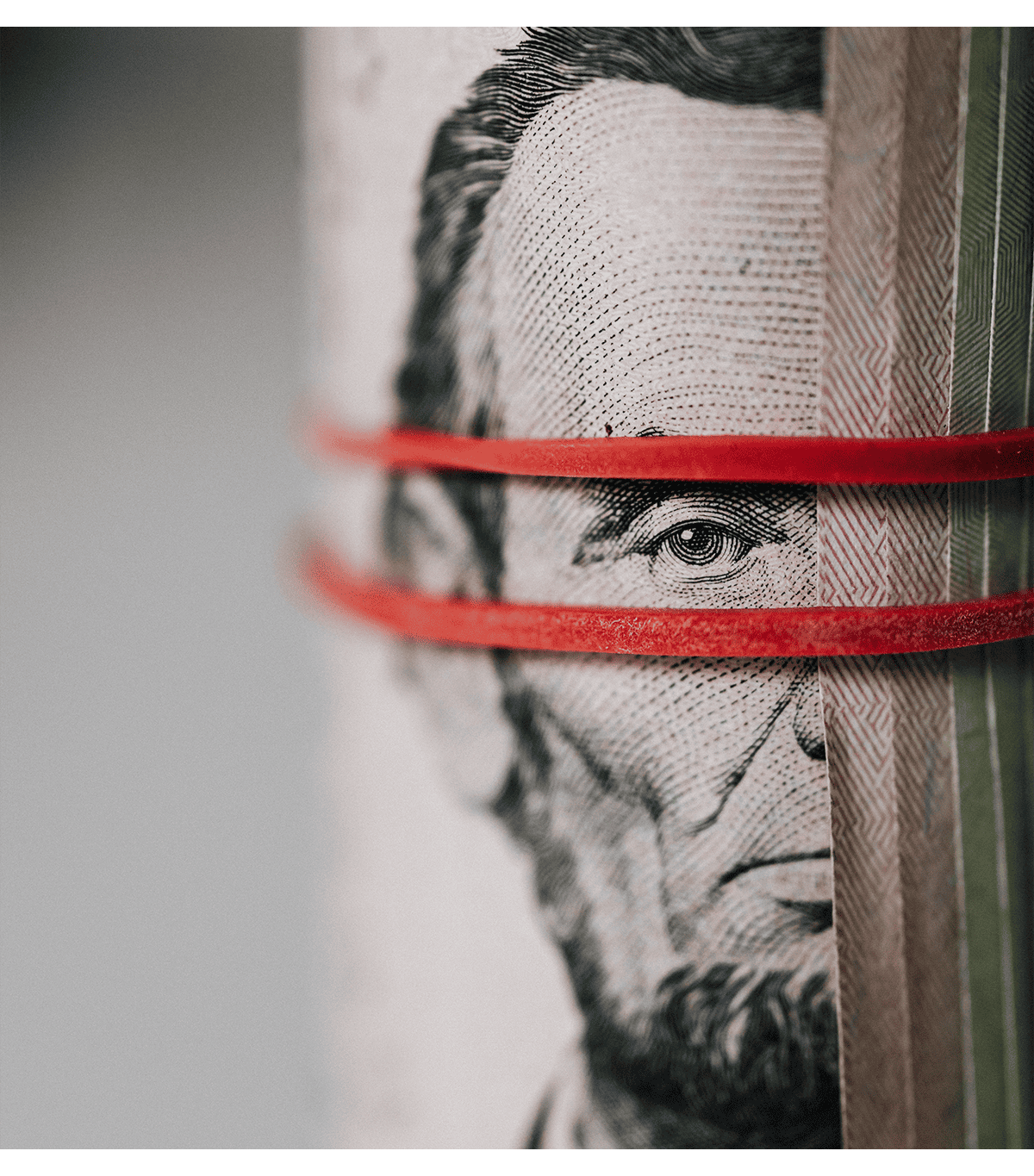
The Federal Reserve will most likely respond to heightened inflation rates by hiking its interest rates. That means raising its FED funds rate to a level they feel is comfortable enough to help suppress inflation pressures in the economy. The U.S. dollar enters a strong channel making it appreciate, and the currencies and commodities linked to the U.S. dollar will depreciate. Additionally, the higher interest rates create a strong impetus for international capital to flow into the United States because purchasing attractive American assets requires acquiring dollars. That said, following the last FEDs interest rate hike on 26th August, the U.S. Dollar has been rising against its peers to reach a record 20-year high of 114.285. With more data pointing to increased Inflation in the U.S. and the economy contracting, we expect a more aggressive rate hike by the FED going to the last two months of the year's third quarter.

2. Inflation Leaves Gold in Dilemma
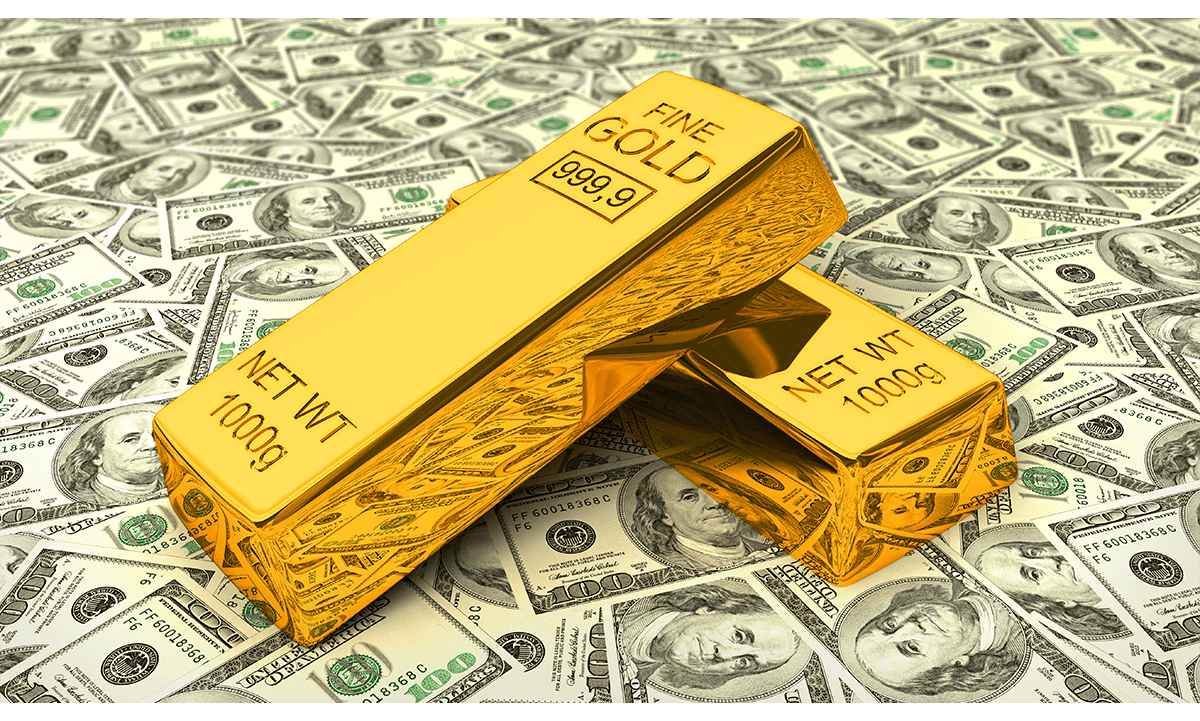
Gold is traditionally considered a hedge against Inflation as, to a larger extent, it usually remains stable and can withstand any economic shock. Inflation brings about high-interest rates, which underpin the U.S. Dollar and support high treasury bond yields; in turn, gold prices would move lower. It is worth noting during high-interest rates; government treasury bond yields would rise compared to gold which doesn't offer any yields.

3. Tech/Growth Stocks Could Fall Further
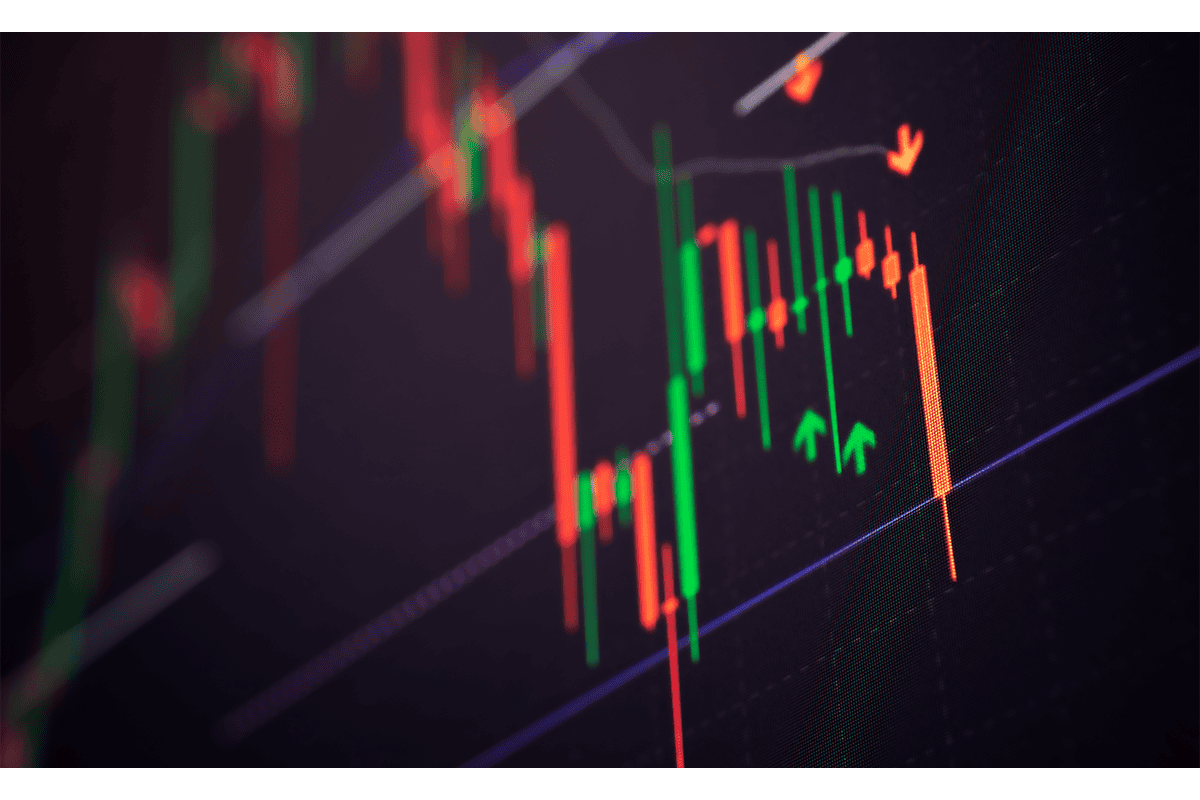
When a Central Bank hikes its interest rates aggressively, it becomes more expensive for companies to access bank loans due to the high-interest rates associated with paying for them. Hence, companies that are growing with the help of borrowed money might not be able to expand as much, considering that they'll need more money to pay the interest on their loans.
When markets are less optimistic about this company's ability to grow, that usually triggers a selloff in the company's shares as investors look at other assets that can promise greater returns.

4. Leads to an Increase /Decrease in the Purchasing Power of a Currency

A country with consistently low inflation rates shows a rise in its currency value, making its purchasing power stronger than others. In contrast, countries with high inflation rates exhibit depreciation in currency value and are usually accompanied by higher interest rates. It is, in fact, one of the most important economic indicators for central banks and forex traders in determining foreign exchange rates. For instance, trading with a currency with a 5% inflation rate will have a 3% higher real exchange rate when trading with a different one with a 2% inflation rate.

The Bottom Line
The inflationary fires have been well and truly stoked by the twin supply-side shocks of the coronavirus and the Ukraine invasion by Russia, coupled with increased demand driven by counter-pandemic government stimulus packages over the last couple of years.
With prices on the rise worldwide, it's common knowledge central banks around the world will turn to monetary policies by hiking interest rates to strengthen their currency by attracting foreign investment.
That said, trading in the forex markets can be challenging, especially with factors like Inflation and interest rates that affect it. Hence, as a forex trader, consider investing in currencies with higher interest rates. A country with a higher interest rate can have a stronger currency than others, yielding a greater ROI. Since it will not affect the economy, you will not have to worry much about other determiners involving money.

